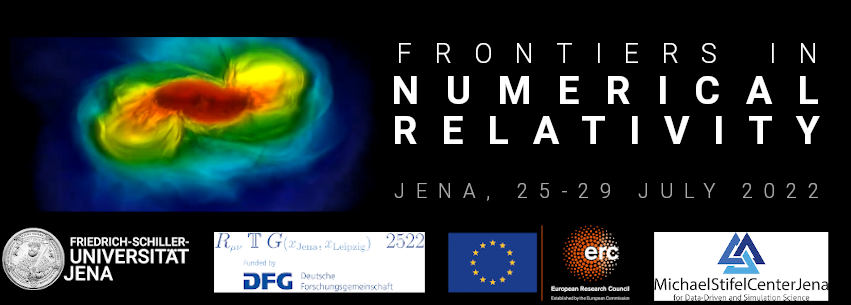Speaker
Description
Scalar-tensor theories with first-derivative self interactions, known as k-essence, may provide interesting phenomenology on cosmological scales. On smaller scales, however, initial value evolutions (which are crucial for predicting the behavior of astrophysical systems, such as binaries of compact objects) may run into instabilities related to the Cauchy problem becoming potentially ill-posed. Moreover, on local scales the dynamics may enter in the nonlinear regime, which may lie beyond the range of validity of the infrared theory. Completions of k-essence in the ultraviolet, when they are known to exist, mitigate these problems, as they both render Cauchy evolutions well-posed at all times, and allow for checking the relation between nonlinearities and the low energy theory's range of validity. In this talk, I will present an exploration of these issues explicitly by considering an ultraviolet completion to k-essence and performing vacuum 1+1 dynamical evolutions within it. I will argue that these results are consistent with the low-energy theory, and will compare with evolutions obtained with the low-energy theory suitably deformed with a phenomenological "fixing the equations" approach.

